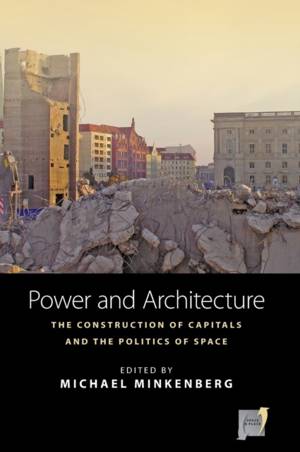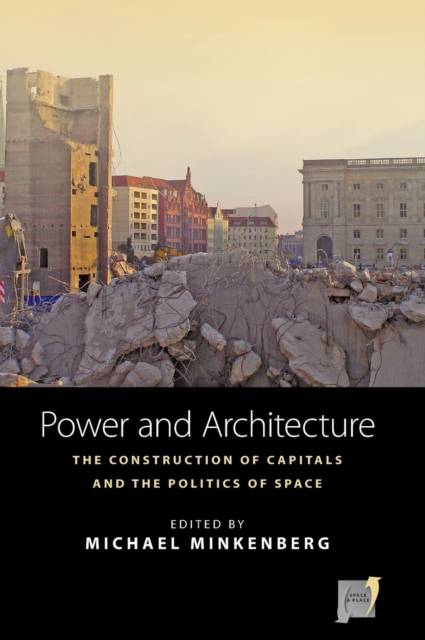
- Retrait gratuit dans votre magasin Club
- 7.000.000 titres dans notre catalogue
- Payer en toute sécurité
- Toujours un magasin près de chez vous
- Retrait gratuit dans votre magasin Club
- 7.000.0000 titres dans notre catalogue
- Payer en toute sécurité
- Toujours un magasin près de chez vous
Power and Architecture
The Construction of Capitals and the Politics of Space
Description
Capital cities have been the seat of political power and central stage for their state's political conflicts and rituals throughout the ages. In the modern era, they provide symbols for and confer meaning to the state, thereby contributing to the "invention" of the nation. Capitals capture the imagination of natives, visitors and outsiders alike, yet also express the outcomes of power struggles within the political systems in which they operate. This volume addresses the reciprocal relationships between identity, regime formation, urban planning, and public architecture in the Western world. It examines the role of urban design and architecture in expressing (or hiding) ideological beliefs and political agenda. Case studies include "old" capitals such as Rome, Vienna, Berlin and Warsaw; "new" ones such as Washington DC, Ottawa, Canberra, Ankara, Bonn, and Brasília; and the "European" capital Brussels. Each case reflects the authors' different disciplinary backgrounds in architecture, history, political science, and urban studies, demonstrating the value of an interdisciplinary approach to studying cities.
Spécifications
Parties prenantes
- Editeur:
Contenu
- Nombre de pages :
- 320
- Langue:
- Anglais
- Collection :
- Tome:
- n° 12
Caractéristiques
- EAN:
- 9781782380092
- Date de parution :
- 01-06-14
- Format:
- Livre relié
- Format numérique:
- Genaaid
- Dimensions :
- 178 mm x 254 mm
- Poids :
- 771 g

Les avis
Nous publions uniquement les avis qui respectent les conditions requises. Consultez nos conditions pour les avis.





